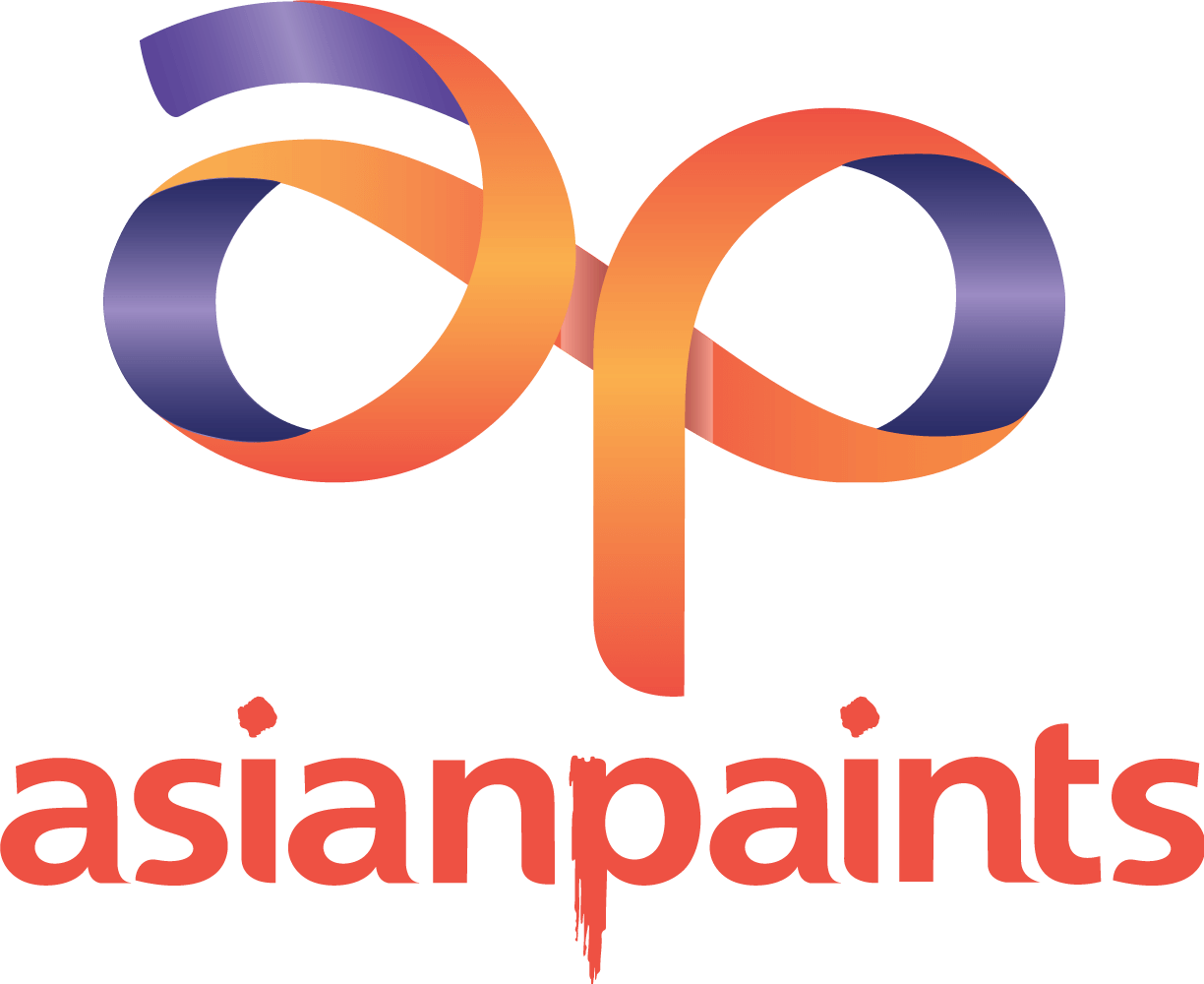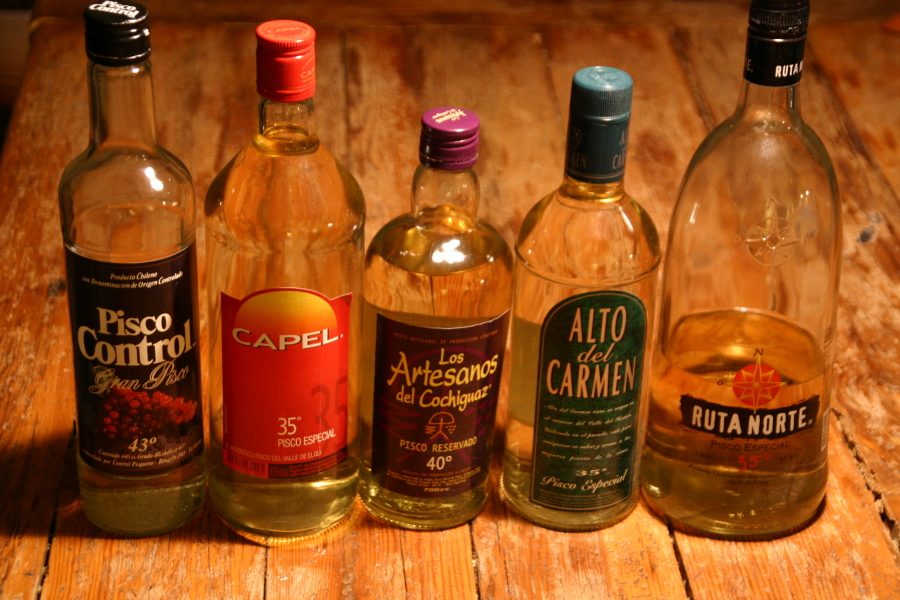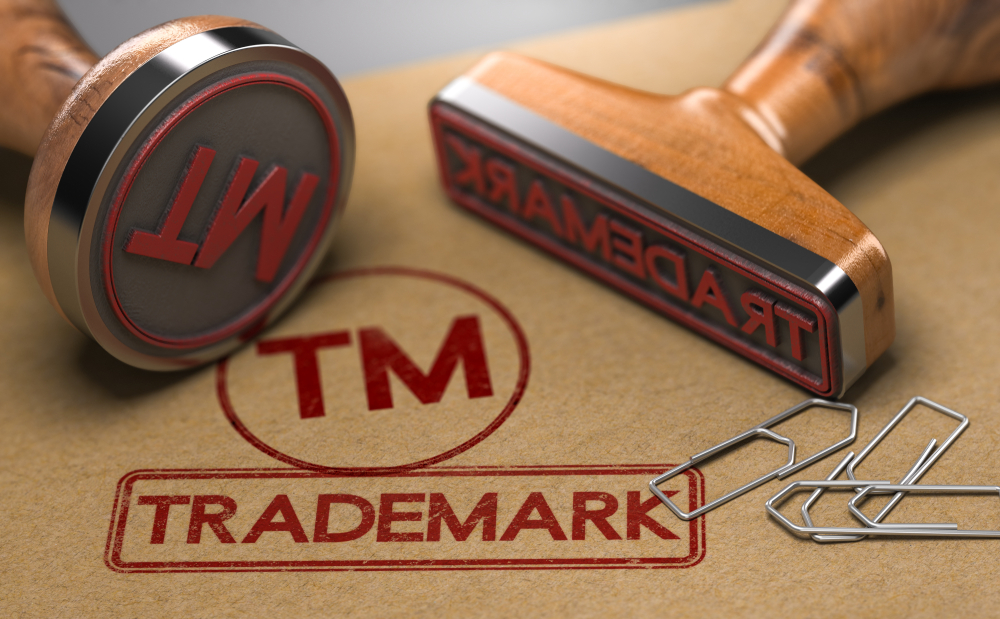For more intellectual property updates follow our WHATSAPP CHANNEL and SUNS LEGAL | LinkedIn
Written by Ronsiya Roy, Legal Intern, and Verified by Sunil Jose, Managing Attorney, Suns Legal
KOHINOOR SEED FIELDS INDIA PVT. LTD. V. VEDA SEED SCIENCES PVT. AND ANOTHER C.R.P. NO. 2297 OF 2024
The Telangana High Court has held that a suit for trademark infringement and passing off is maintainable and not entirely suited for pre-institution mediation as mandated by Section 12A of the Commercial Courts Act, 2015, which stipulates that “a suit which is not of an urgent interim relief shall not be instituted unless the plaintiff exhausts the remedy of pre-institution mediation.”
Veda Seed Sciences (hereinafter referred to as the respondent) used the trademarks “Sadanand,” “Tadaka,” and “Basant” for high-quality hybrid cotton and other seeds. Over the years, their business gained a reputation and goodwill in the market. The respondent sought relief against the acts of infringement and passing off committed by the petitioner, wherein the petitioner (defendant 1 in the commercial court) sold the rights related to the trademark “Sadanand” to another party (defendant 2 in the commercial court). Furthermore, defendant 2 launched a product booking scheme using a trade dress identical to the respondent’s trade dress and exclusive copyrights of the products bearing the three trademarks.
The respondent prayed before the commercial court for a permanent injunction restraining both defendants 1 and 2 from using the artistic work and trade dress related to the three trademarks owned by the respondent. The petitioner instituted the present case as a Civil Revision Petition (C.R.P.) against the order passed on 10/04/2024 by the ‘Special Court for Trial and Disposal of Commercial Disputes’ of Ranga Reddy District. While hearing the matter, the commercial court rejected the defendant’s (petitioner in the revision petition) objection that the suit was not maintainable due to the plaintiff’s (respondent in the revision petition) non-compliance with Section 12A of the Commercial Courts Act.
The counsel for the revision petitioner submitted that the trial court erred in rejecting the objection raised concerning the maintainability of the suit. The counsel relied on Section 12A of the Commercial Courts Act to argue that a suit which does not seek any urgent interim relief cannot be instituted unless the remedy of pre-institution mediation is exhausted. Since the suit filed by the respondent did not disclose any such urgency, the suit is not maintainable.
The counsel for the respondent submitted that the urgency in the suit lay in the fact that defendant 1 sold one of the trademarks to defendant 2, who then launched an advanced booking scheme for the Kharif (harvesting) season using the sold mark.
The High Court held that the statutory silence on the mode and manner in which the plaintiff must satisfy the urgency under Section 12A makes it evident that the plaintiff must prove it, and the court must determine it. The court relied on the Supreme Court judgment in “Yamini Manohar v. T.K.D. Keerthi, (2024) 5 SCC 815” It held that the pleadings and oral submissions would be sufficient for deciding whether a suit can be filed under Section 12A without exhausting the remedy of pre-institution mediation. The provision implies that the commercial court can determine whether a suit contemplates urgent interim relief by assessing the subject matter, cause of action, and relief claimed.
The court held that the intangible nature of the property in this case contributed to the urgency of court intervention. Unlike traditional property disputes, where misappropriation can be physically prevented to stop further trespass, the trademark proprietor can only protect their rights by obtaining an injunction from a competent court. The court explained that misappropriation of intellectual property often leads to immediate injury, including financial loss and unauthorized parties benefiting from the goodwill and reputation built by the rightful owner.
The court emphasized that time is critical in such matters, as even a single instance of unauthorized trademark use can cause immediate harm to its owner. Consequently, the court determined that the suit filed by the respondent in the commercial court was maintainable and did not require the exhaustion of the pre-institution mediation remedy under Section 12A. Therefore, the court dismissed the civil revision petition, finding no error in the trial court’s order.
Comments
The Commercial Courts Act, 2015, establishes the hierarchy of commercial courts in various districts and High Courts. Section 12A of Chapter IIIA mandates pre-institution mediation before instituting a suit in these commercial courts. In “Patil Automation Private Ltd & Ors v. Rakheja Engineers Pvt Ltd, 2022 S.C.C. OnLine SC 1028,” the Supreme Court upheld the mandatory nature of Section 12A and clarified that while Section 80(2) of the Code of Civil Procedure, 1908, requires parties to seek the court’s leave to file a suit for urgent interim relief, Section 12A imposes no such requirement.
The Delhi High Court in “Chandra Kishore Chaurasia v. R.A. Perfumery Works Pvt. Ltd., 2022 SCC OnLine Del 3529,” further clarified that Section 12A is inapplicable when a suit involves urgent interim relief. In the present case, the court recognized the inherent urgency arising from intellectual property disputes, where immediate harm would be caused if passing off and infringement of trademark rights continued.
This case highlights how the judiciary interprets Section 12A in the context of intellectual property disputes. It demonstrates the growing recognition that intellectual property rights differ significantly from traditional property rights and require time-constrained reliefs to prevent injury to the rightful owner.





